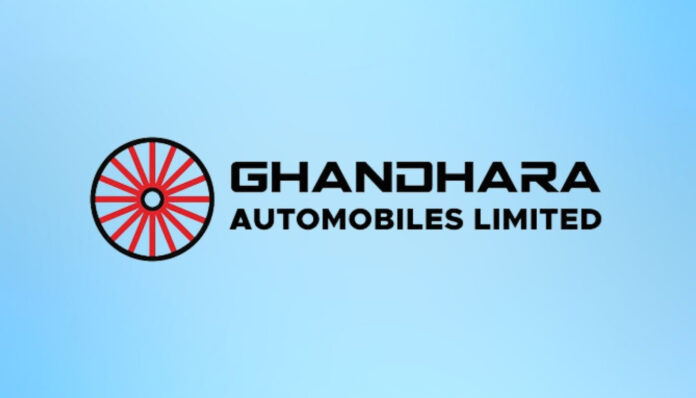After several lean years and a strategic reset, Ghandhara Automobiles Limited (GAL) is stepping back into the limelight of Pakistan’s auto industry. The company, long associated with Japanese marques through its previous incarnation as Ghandhara Nissan, has retooled its portfolio around Chinese partners in both passenger and commercial vehicles. Early evidence suggests the pivot is paying off: earnings are improving, launches are landing in receptive market niches, and the commercial-vehicle franchise is riding a cyclical upturn. At the same time, a premium pick‑up – priced to undercut the segment incumbent by a wide margin – has given the storied Karachi assembler something it has not enjoyed in years: momentum.
The numbers tell the story of a company shifting out of neutral. From a modest revenue base of Rs9.4 billion in FY24, GAL’s top line is on course to almost triple to roughly Rs27.0 billion in FY25, with another sizeable step‑up to around Rs43.0 billion pencilled in for FY26. The earnings line has turned decisively as well: profit after tax, which stood at Rs365 million in FY24, is tracking in the ballpark of Rs3.8 billion this year and above Rs5.5 billion next year, helped by both volume growth and a stronger product mix. Gross margin expansion – from 12.0% in FY24 to above 20% in FY25–26 – underlines the operational shift behind the headline figures. The content in this publication is expensive to produce. But unlike other journalistic outfits, business publications have to cover the very organizations that directly give them advertisements. Hence, this large source of revenue, which is the lifeblood of other media houses, is severely compromised on account of Profit’s no-compromise policy when it comes to our reporting. No wonder, Profit has lost multiple ad deals, worth tens of millions of rupees, due to stories that held big businesses to account. Hence, for our work to continue unfettered, it must be supported by discerning readers who know the value of quality business journalism, not just for the economy but for the society as a whole.To read the full article, subscribe and support independent business journalism in Pakistan









